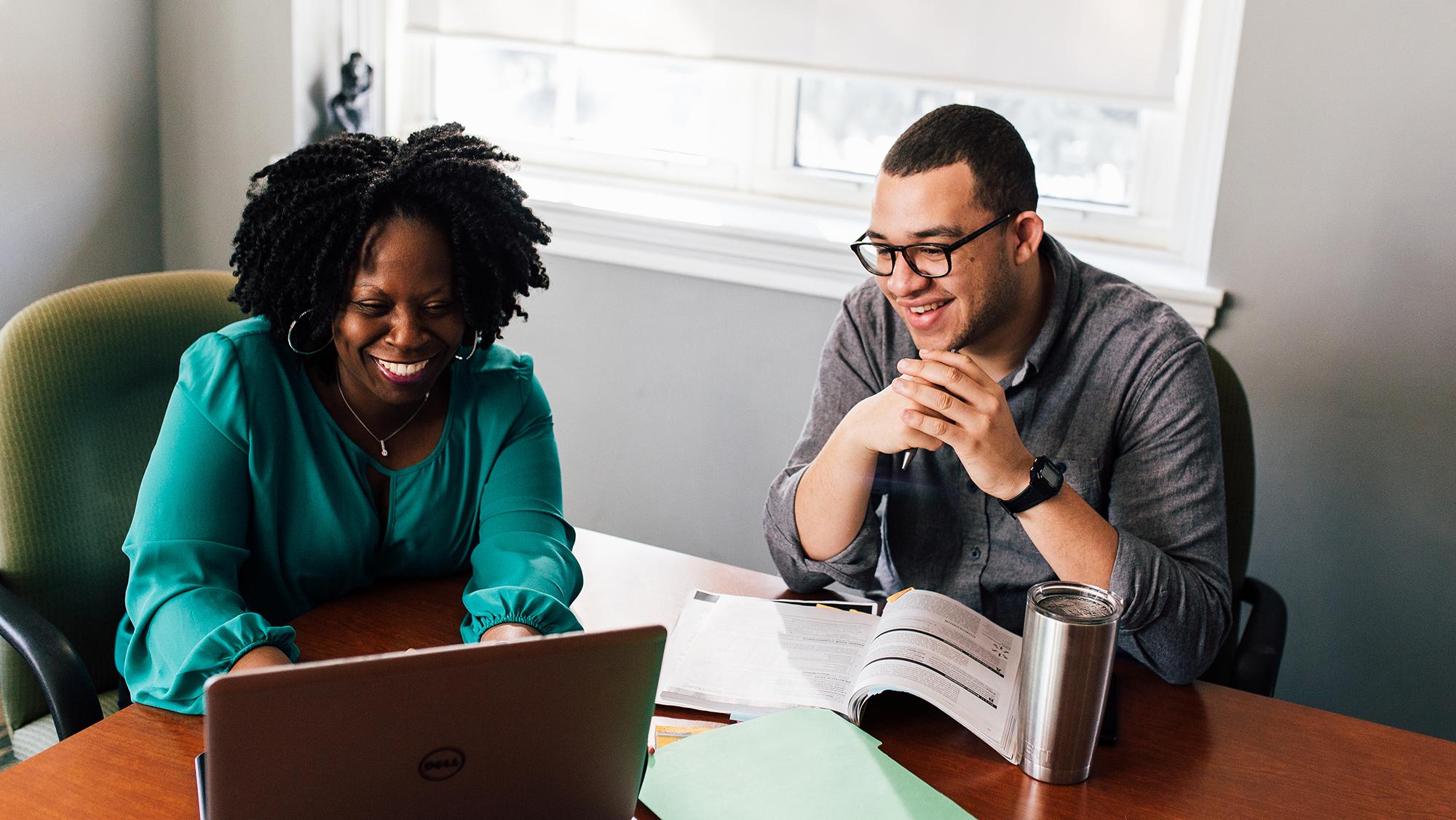
Experts
Our experts demonstrate comprehensive and deep knowledge in the content areas in which they specialize and regularly engage with the media, policymakers, and practitioners.
Filter by Topic
FILTER BY LAST NAME
ChildTrends12300 Twinbrook Parkway Suite 235 Rockville MD 20852240.223.9200
© Copyright 2024 ChildTrendsPrivacy Statement
Newsletter SignupLinkedInThreadsYouTube